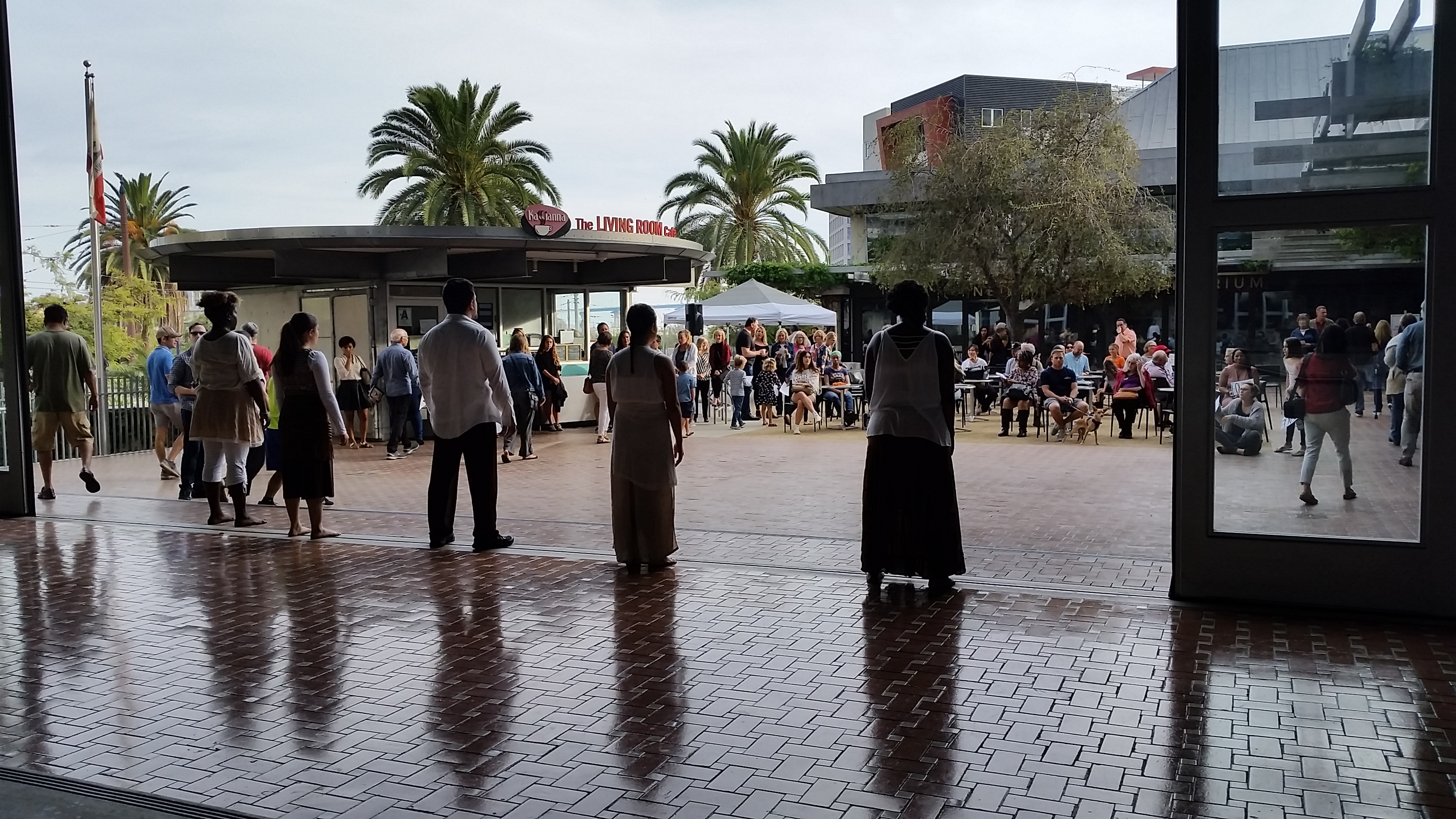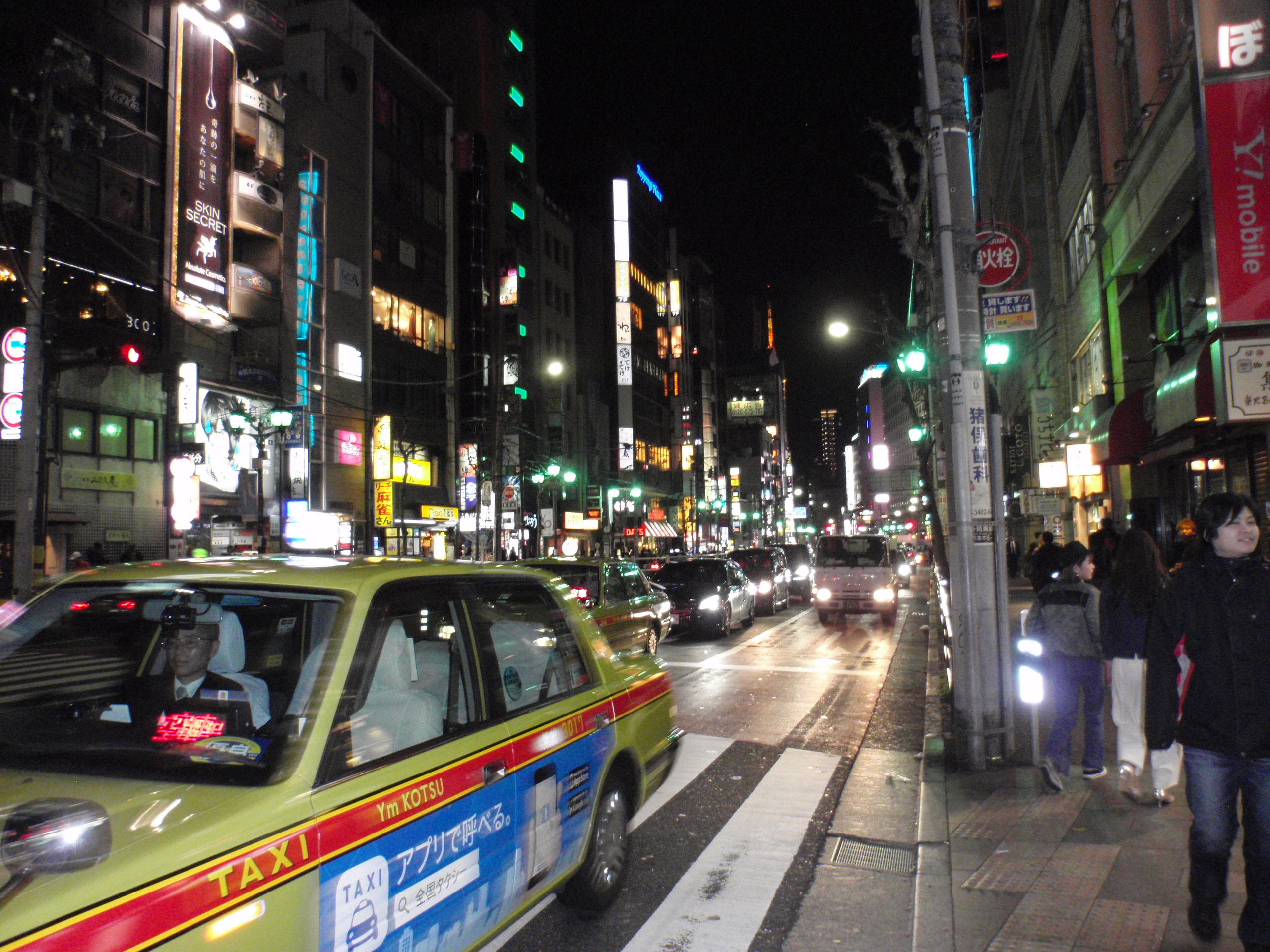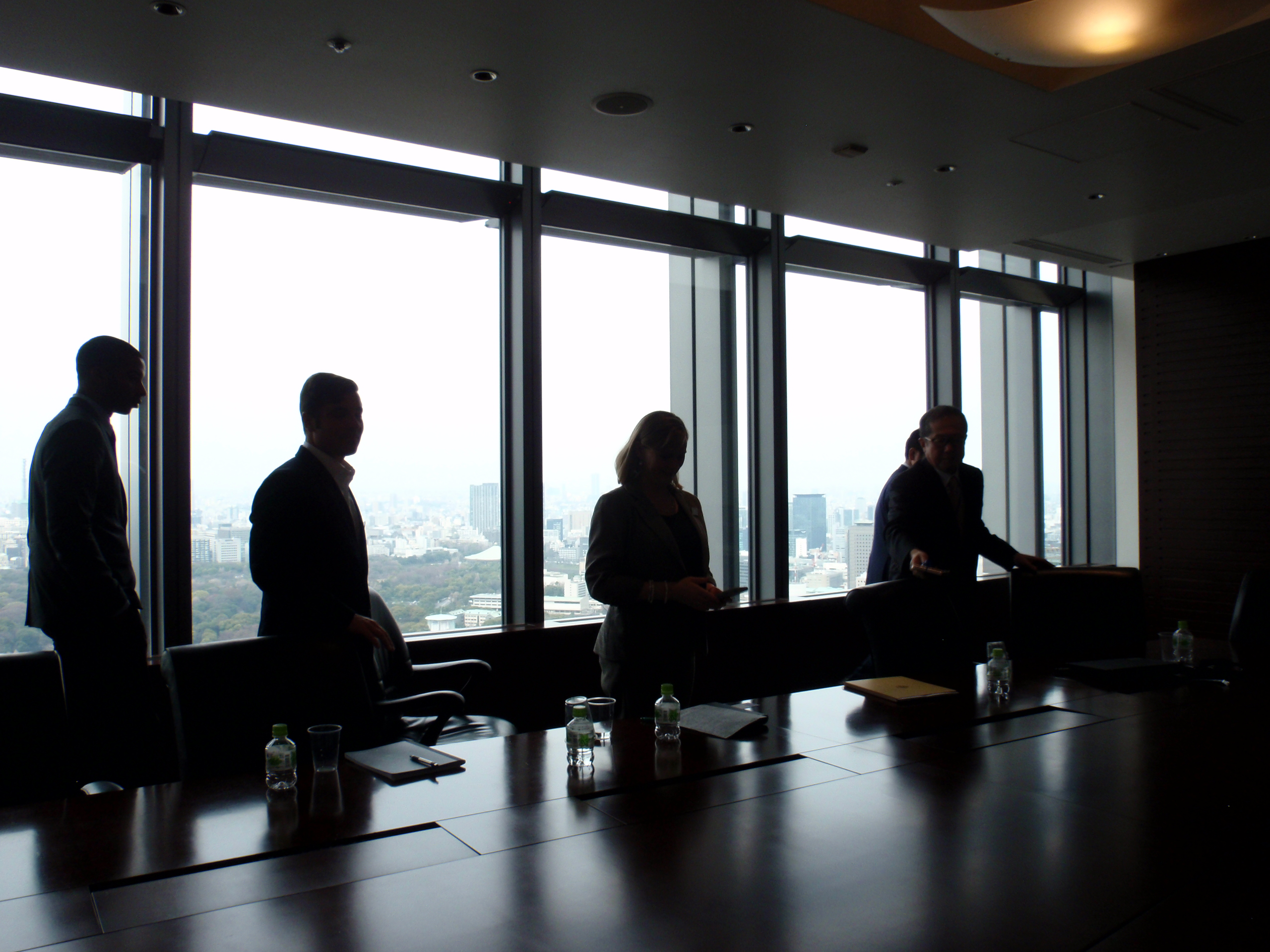Stephen Hawking recently predicted that humans will have to leave earth in 1000 years because our actions will create an inhospitable planet. Never mind that our collective ignorance is leading to the destruction of the only world we have known. Only time will tell if Hawking’s foreboding is accurate. With this in mind, Stephen Hawking is not to be ignored. If the average lifespan is 100 years, it means that we would have about ten generations to figure out how to facilitate one of the greatest human migrations in history. It would be an undertaking of Interstellar proportions—a task we are currently not equipped to do. It is heartbreaking to think that a future generation may never know the grandeur of the Roman Colosseum or see the emotion behind Monet’s paintings or feel the excitement of a Puccini finale. We have made much progress as a species and our collective body of work—the knowledge that we have developed—is our greatest achievement. Our very survival will depend on it. Our artistic history is an inherent part of our body of work—our cultural heritage. It would be a mistake not to bring it with us. And I believe it will continue to help shape our journey, wherever we end up. Throughout history, art has played a major role in our cultural identity. Here are some examples of the arts in action.
Art allows us to connect with our emotions in a healthy and constructive way. Art21’s Season 8 episode on Chicago showed how the Dorchester Arts District used arts engagement to turn a violent neighborhood around by incorporating shared arts spaces in the community. Founder Theaster Gates believes that when art and culture are present, it paves the way for new possibilities and changes communities. The neighborhood has already seen improvements.
There are studies that show how music aids learning development in children, enhancing their ability to understand concepts absorbed in the classroom. Studies have also shown that dopamine is released when people listen to music, which is why music therapy is so promising. Non-profit organization Resounding Joy uses music therapy to help veterans and their children cope with PTSD and improve emotional health. Maintaining emotional health is also important for astronauts. A BBC news segment showed how space station astronauts actively play music in space; psychiatrists recommend music for them because it is necessary for mental health. When living in what is basically a vacuum for long periods, the isolation can have adverse emotional effects. In Predictive Analytics, Eric Siegel notes that music helps expedite stroke patient recovery and improves mood. Memory and attention span are also improved. Research shows that arts and music help people develop new neurons, which may explain the neurological benefits. If you want to keep your mind malleable and fluid, learn a new language or pick up a new instrument.
Art spurs creativity, which is what people need to innovate effectively. Arts engagement helps with creative problem solving, speaking, teamwork, and self-confidence. IDEO believes that creativity is what keeps organizations ahead in the market. IDEO leaders explained how employees use improv in team building exercises to spur creativity. Improv is relevant to IDEO for several reasons: teams are expected to listen, defer judgement, use playacting as a form of prototyping, and be compelling storytellers—all totems of the IDEO method. Storytelling makes strategy accessible because it engages people. An increasing number of business schools, like Stanford, are requiring MBA students to learn and apply management techniques through role playing. Some even record their students in the process, so they can be reviewed and critiqued. Why the drama? The most innovative b-schools know that these exercises help strengthen soft skills that senior leaders need to manage successfully.
The arts do not just help with soft skills and creativity, they also have practical applications. Rocket scientists are looking at origami to find creative ways to fold satellites for transport and unfold them in orbit. On a smaller scale, the pill robot makers already used origami successfully to develop new non-invasive medical treatments. A swallowed pill contains a small robot that would unfold itself to perform small procedures inside a patient, eliminating the need for heavy-duty surgery.
On a more innate level, art is the direct representation of the human ability to create. Creativity is the essence of human intelligence. Being creative is part of who we are as people—it is in our DNA. And art fosters creativity, allowing us to develop our minds and engage with the world on a higher level. That is why art is so fundamental to our existence. It was the first humans that exercised their creative abilities to realize the power of toolmaking, using those tools to hunt, gather, and defend. Early humans used art and music to hold a society together. This developed their ability to create and innovate: they conveyed complex ideas in a way the Neanderthals could never communicate, sharing stories and ideas. Coordinating and engaging. This creativity helped human civilizations around the world rise. Anthropologists believe that without these advanced forms of social communication, Neanderthals fell behind and became extinct.
We preserve our cultural identity through various art forms. Keeping tradition alive through art is one of the most powerful ways art remains significant. Countless cultural traditions, like artisanship, language, and customs have remained relevant because its art is still alive. The resulting art form is not only a symbol of cultural tradition, it is a clue to the history of our past—just as song connects us to the moods and stories of the past. Relics from cultures that are long gone continue to tell the story of their people, whether they are educating the public in museums or studied in detail by researchers. It is amazing what an old vase can tell us about how the people lived by answering questions like what kind of paints were used, what was it used to hold, and what was the social status of its owner. The National Yiddish Theatre-Folksbiene recognizes that culture can survive through art and is proactively using theater to preserve the Yiddish language.

Powerful Messages Are Conveyed Through Art
Though the arts can be considered ancillary, its absence can be deeply felt because it is so ingrained into the fabric of our humanity. We do not need it to survive, but we all know that just surviving isn’t really living. It is not a STEM discipline—though some art forms, like light and space, require a mix of all those. It is the piece sitting squarely atop the pyramid that represents an elevated sense of fulfillment which rounds out our lives. Without it, we cannot thrive.
———-
References
“Aesthetic force,” not rational thought, has created some of the most powerful changes.
https://www.youtube.com/watch?v=fSmAsbbzcB0&list=FL9zOgmlZArgWBm1TPspf4Hw&index=28
Some of the world’s most powerful messages have been conveyed through art. http://upload.wikimedia.org/wikipedia/en/9/95/Legendary_kiss_V%E2%80%93J_day_in_Times_Square_Alfred_Eisenstaedt.jpg
http://www.npr.org/2014/05/02/308950771/yiddish-culture-takes-center-stage?utm_source=npr_email_a_friend&utm_medium=email&utm_content=20140523&utm_campaign=storyshare&utm_term=
“art offers a glimpse into the minds and imaginations of the people who create it.”
http://ngm.nationalgeographic.com/2014/08/neolithic-orkney/smith-text?utm_source=Twitter&utm_medium=Social&utm_content=link_tw20140807ngm-stone&utm_campaign=Content&utm_content=sf4056364&utm_medium=spredfast&utm_source=twitter&utm_campaign=Brand&sf4056364=1
https://www.fastcompany.com/3045424/work-smart/what-it-takes-to-change-your-brains-patterns-after-age-25








